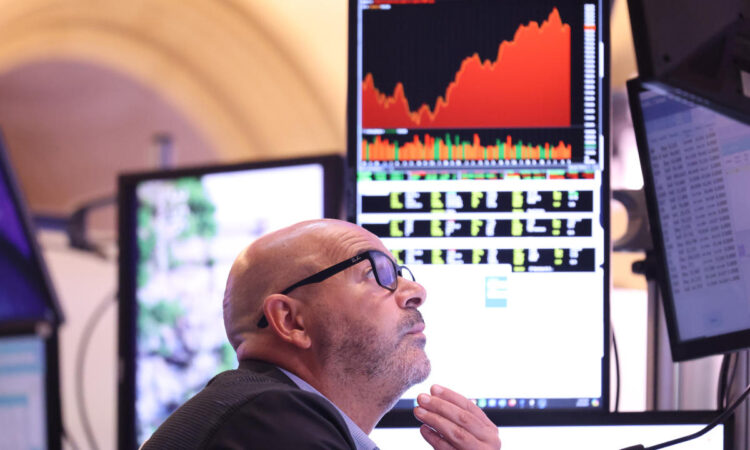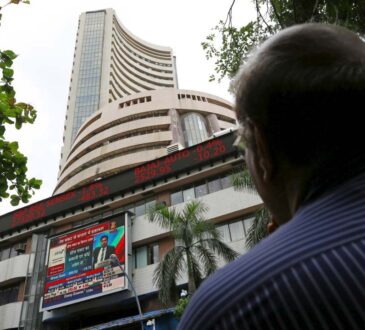
US stocks wavered on Thursday after the latest consumer inflation print came in hotter than anticipated, setting up expectations for the path of interest rates.
The Dow Jones Industrial Average (^DJI) slipped 0.1%, while the S&P 500 (^GSPC) hugged the flatline, after both clinched fresh record highs. The tech-heavy Nasdaq Composite (^IXIC) climbed into positive territory after dipping as much as 0.5%.
Chip heavyweight Nvidia (NVDA) climbed more than 1% while e-commerce giant Amazon (AMZN) also rose, helping lift the Nasdaq.
Consumer prices rose 0.2% last month, according to US government data, more than the 0.1% rise Wall Street was expecting. On an annualized basis, prices rose 2.4%, compared with 2.3% expected. The data was of greater interest than usual as investors puzzle over the chances of a “no landing” for the economy after last week’s jobs report revived worries about inflation flaring up again.
But the jobs market provided a surprise of its own on Thursday, as initial unemployment claims rose to 258,000, much more than Wall Street anticipated and the highest print since June 2023.
Read more: What the Fed rate cut means for bank accounts, CDs, loans, and credit cards
Amid all the moving parts, traders now see a 15% chance that the Fed will hold rates steady in November, per the CME FedWatch Tool. Just a week ago, the odds of no cut were at 0% as the market heeded policymakers’ message and prepared for a 25 basis point rate reduction.
Also on deck is Tesla’s (TSLA) highly anticipated robotaxi event on Thursday evening. CEO Elon Musk is expected to reveal a two-door, butterfly-wing prototype of the cybercab he has bet the EV maker’s future on.
Earnings season started to pick up steam before the bell with quarterly results from Domino’s (DPZ) and Delta Air Lines (DAL). The pizza chain beat on earnings but missed on revenue, while the airline’s profit sank over 25% year over year in the wake of a global tech outage. Shares fell slightly.
Live10 updates


